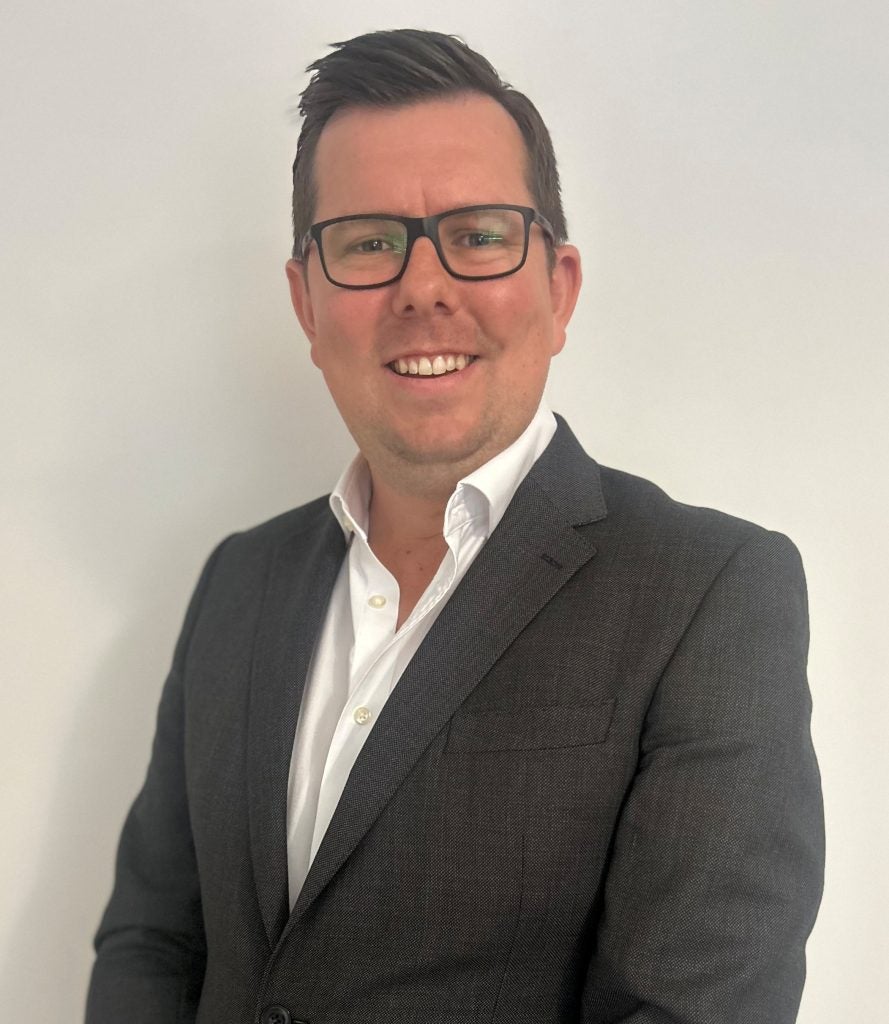
Increasing regulation of the audit profession is the number one concern for audit firms, amidst growing scrutiny of the profession by governments, shows a new report by Confirmation, the leading audit confirmation solution by Thomson Reuters.
The UK regulator of auditors, the Financial Reporting Council (FRC), issued a record high £33.3m of fines to auditors in the past year. The FRC is to be replaced by the Audit Reporting and Governance Authority (ARGA), next year. ARGA will have greater enforcement powers than the Financial Reporting Council to penalise breaches of corporate reporting, as part of its remit to ensure quality and competition.
The new report by Confirmation, The Future of Audit, outlines how better integration of technology will be crucial in improving audit quality, helping firms to ensure they are compliant with regulations. In turn this will mean they are at a lower risk of coming under investigation by the audit regulator.
In addition to the change in regulator, the profession is still grappling with new quality management standards. As of December 2022, audit firms must adhere to the International Standard on Quality Management (ISQM 1). These new standards mean that firms must proactively identify and respond to risks to audit quality. The new standards were cited as a concern by 22 professionals in the study (3.1% of respondents).
The Future of Audit shows that 17.4% of audit firms say regulation is their biggest concern. The balance between advisory and audit services and how it affects client satisfaction was cited as the biggest concern amongst 6% of audit firms.
Increasing efficiency in the audit process is the most important objective for audit firms – with 19.2% of firms saying it is their biggest priority. Increasing efficiency by automating transactional functions can free up auditors’ time so they can focus on work that require greater use of their critical faculties, enabling them to deliver audits of a higher standard. Technology as a vehicle for improving audit quality is reflected in the second biggest focus area – implementing new technology – cited by 14.2% of firms. Improving risk and control was the biggest focus for 9.7% of firms.
The report features interviews with partners from major accountancy firms, the Institute of Chartered Accountants England and Wales, as well as insights from [845] senior audit professionals.
How well do you really know your competitors?
Access the most comprehensive Company Profiles on the market, powered by GlobalData. Save hours of research. Gain competitive edge.

Thank you!
Your download email will arrive shortly
Not ready to buy yet? Download a free sample
We are confident about the unique quality of our Company Profiles. However, we want you to make the most beneficial decision for your business, so we offer a free sample that you can download by submitting the below form
By GlobalDataIn The Future of Audit, senior audit professionals say firms shouldn’t wait for long-delayed legislative reform to come into effect before taking action. Kyle Gibbons, Managing Director Europe of Confirmation Thomson Reuters says: “In order to be a firm that’s going to be successful and win profitable business, you need to differentiate yourself as a high-quality provider with a strong reputation. You need to take additional steps beyond what’s required of you in today’s regulatory landscape so that you can stand out.”
Only one in ten audit firms currently use open banking
Implementing new technology was identified as the most pressing concern by 16.6% of audit firms. Despite this being a high priority, just one in ten firms currently use open banking to obtain transaction data enabling bank balances to be confirmed in real time.
Kyle Gibbons, says: “Adoption of technology, such as robotic process automation and open banking, is on the cusp of transforming the audit process. Firms that are slow to implement these new tools are putting themselves at a considerable disadvantage.”
“Technology is becoming increasingly important at the tender stage of an audit, with a growing number of board directors enquiring how firms use technology when conducting audit work. This could make the difference between them engaging a firm or going with a competitor which has already adopted audit tech solutions. Those that quickly embrace new digital tools will likely gain the upper hand.”
Audit solutions, such as Confirmation, can help save firms considerable time in audit confirmation responses and asset verification, helping to improve the quality of audit work. When asked how much time was saved by using the platform, 37.5% of firms said they saved more than three hours, with 5.5% of these saving more than 10 hours.
73% of firms that use the Confirmation platform use it between one and four times each week; whilst 18% use it between five and nine times, with 9% using it more than 10 times per week.






